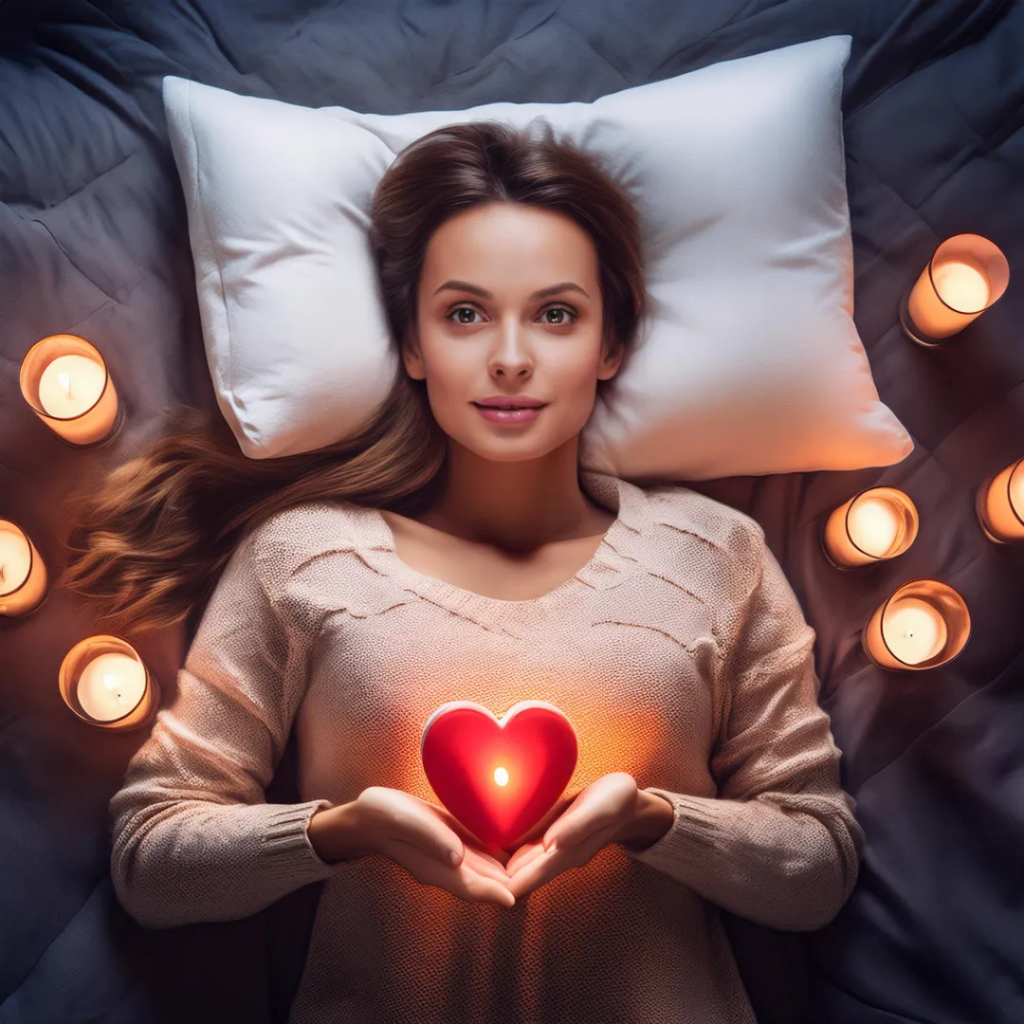Sleep Supplements: What Works and What Doesn’t
For those struggling to fall asleep or stay asleep, sleep supplements often seem like an easy solution. With a plethora of options available on the market, it can be challenging to determine which ones are effective and which may just be marketing gimmicks. Let’s dive into some of the most popular sleep supplements and separate the science-backed solutions from those that don’t hold up.

1. Melatonin: The Go-To Sleep Aid
What It Is:
Melatonin is a hormone naturally produced by your body to regulate the sleep-wake cycle. Supplements are often used to address jet lag or short-term sleep disruptions.
Does It Work?
Yes, especially for conditions like jet lag or delayed sleep phase syndrome. Research shows melatonin can help people fall asleep faster and improve sleep quality in the short term.
Considerations:
- It may lose effectiveness with prolonged use.
- Side effects can include grogginess or vivid dreams.
Verdict: Effective for short-term use but not ideal for chronic insomnia.
2. Magnesium: The Relaxation Mineral
What It Is:
Magnesium is an essential mineral involved in over 300 biochemical reactions, including those that promote relaxation and sleep.
Does It Work?
Yes, magnesium can help people with insomnia and anxiety by relaxing muscles and calming the nervous system. Studies show that magnesium supplementation can improve sleep quality, especially in older adults.
Considerations:
- High doses may cause digestive issues.
- Best taken with a meal for better absorption.
Verdict: A solid choice for promoting relaxation and improving sleep quality.
3. Valerian Root: An Herbal Remedy
What It Is:
Valerian root is a traditional herbal remedy known for its sedative properties. It is often used to ease anxiety and promote sleep.
Does It Work?
Studies on valerian root are mixed. Some people report better sleep, while others see little to no effect. It seems to work best when taken regularly over a few weeks rather than as a one-off solution.
Considerations:
- Effects may vary between individuals.
- It may have a strong smell, which can be off-putting.
Verdict: Worth trying if you prefer natural remedies, but results may vary.
4. L-Theanine: The Calm-Inducing Amino Acid
What It Is:
L-theanine is an amino acid commonly found in green tea, known for promoting relaxation without drowsiness.
Does It Work?
Yes, when paired with other sleep aids. Studies suggest L-theanine can reduce stress and improve sleep quality, especially in combination with melatonin or magnesium.
Considerations:
- Works better for relaxation than directly inducing sleep.
- Best taken in the evening to wind down.
Verdict: Effective for relaxation, making it a great addition to a sleep routine.
5. CBD: A Modern Sleep Solution
What It Is:
Cannabidiol (CBD) is a compound derived from the hemp plant, often used to reduce anxiety and promote relaxation.
Does It Work?
Research suggests CBD may help improve sleep by reducing anxiety and pain, both of which can interfere with rest. However, more studies are needed to confirm its direct impact on sleep cycles.
Considerations:
- Ensure you purchase high-quality, third-party-tested products.
- May not work for everyone.
Verdict: Promising for those with anxiety-related sleep issues, but results may be subjective.
6. 5-HTP: A Precursor to Serotonin
What It Is:
5-HTP is a compound that your body uses to produce serotonin, which plays a role in sleep regulation.
Does It Work?
Limited evidence supports its use for improving sleep. It may help indirectly by boosting serotonin and melatonin levels, but results can vary.
Considerations:
- Not recommended for people taking antidepressants.
- Can cause nausea in some users.
Verdict: Possibly helpful but less reliable than other options.
7. Chamomile and Lavender: Soothing Botanicals
What They Are:
Chamomile and lavender are popular herbal remedies for relaxation and sleep. Chamomile tea is widely consumed before bedtime, while lavender is often used in aromatherapy.
Do They Work?
Chamomile contains apigenin, an antioxidant that binds to receptors in the brain to promote relaxation. Lavender’s calming effects are well-documented in reducing stress and promoting better sleep.
Considerations:
- Effects may be mild.
- Best used as part of a bedtime routine.
Verdict: Helpful as a supplement to a sleep-friendly environment, but not a standalone solution for chronic insomnia.
What Doesn’t Work: Common Myths About Sleep Supplements
- Caffeine-Based Sleep Aids: Avoid supplements that contain even small amounts of caffeine as they can disrupt sleep rather than improve it.
- Over-the-Counter “PM” Medications: Many contain antihistamines, which may induce drowsiness but can lead to grogginess the next day.
- Unregulated Supplements: Be cautious of brands that lack proper testing or certification.
Conclusion: Choosing the Right Supplement for Better Sleep
While sleep supplements can be helpful, they are not a magic solution for all sleep problems. The best approach is to identify the root cause of your sleep issues and choose supplements that align with your needs. Have questions about creating the perfect sleep environment? Start a live chat with our experts today and let us help you find the right solution for a restful night!
Remember, supplements work best when combined with healthy sleep habits, such as maintaining a consistent bedtime, creating a relaxing sleep environment, and avoiding screens before bed. Sleep well!
Newsletter Sign Up
Join our community to receive exclusive updates, sleep tips, and special offers directly in your inbox. Stay informed and be the first to know about our latest products and promotions.

Contact Us
- 9/1, Ashokapuram, Industrial Suburb, Yeshwanthpur, Bengaluru-560022, India
-
care@restolex.com
Orders@restolex.com
Support@restolex.com -
+91-8750054466
+91-8123018558
